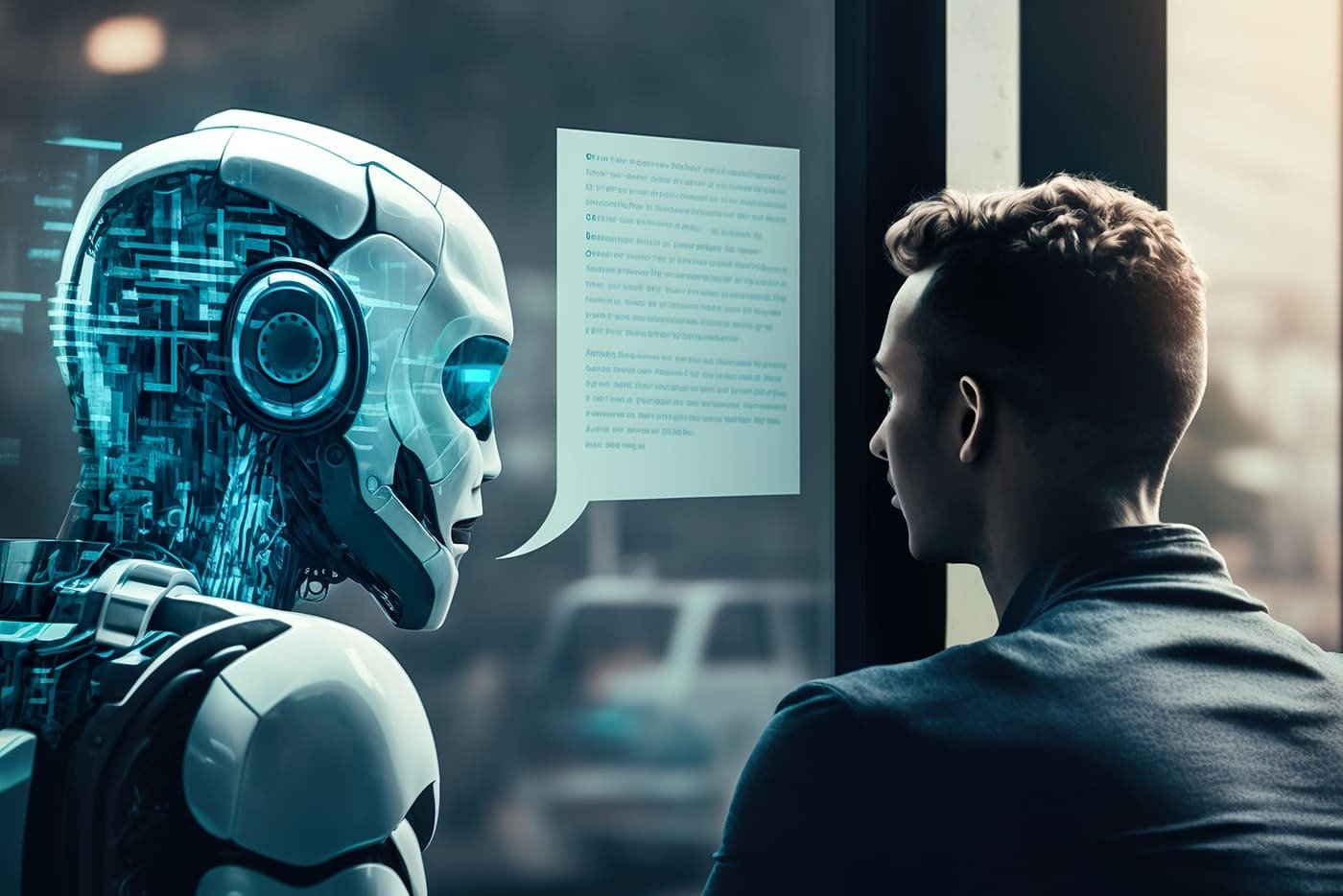In today’s rapidly evolving digital landscape, education is undergoing a profound transformation. Traditional teaching methods are being augmented and, in some cases, replaced by innovative technologies that promise to make learning more effective, engaging, and personalized. At the forefront of this revolution is the AI Homework Helper, a tool that’s changing how students approach their academic challenges.
The education sector has historically been slow to adopt new technologies, but AI is proving to be the exception. According to recent studies, 93% of faculty and administrators across North America expect to expand their use of AI in their work over the next two years. This unprecedented rate of adoption is being driven by AI’s seamless integration into existing workflows and the immediate efficiency gains it provides.
What sets modern AI educational tools apart is their shift from reactive to proactive support models. Earlier systems simply waited for students to ask questions. Today’s advanced AI can understand context, anticipate needs, and offer support before anyone asks. This capability makes truly personalized learning possible at scale – a long-sought goal in education that has been difficult to achieve until now.
For students struggling with complex subjects, AI homework assistants can analyze their work patterns, identify knowledge gaps, and create customized learning paths. These tools don’t just provide answers; they guide students through the problem-solving process, offering explanations tailored to individual learning styles and pacing instruction based on comprehension levels.
Parents are also embracing these tools as they seek ways to support their children’s academic development. An AI homework helper can act as a patient tutor available 24/7, providing immediate feedback without judgment and explaining concepts in multiple ways until understanding is achieved. This removes the pressure many parents feel when trying to help with subjects they may not fully understand themselves.
Educators, rather than feeling threatened by these technologies, are increasingly viewing them as valuable allies. AI tools handle routine tasks like basic grading and answering common questions, freeing teachers to focus on more meaningful one-on-one instruction, creative lesson planning, and addressing complex student needs that require human empathy and insight.
The implications for educational equity are significant. High-quality tutoring has traditionally been accessible only to those who could afford it, creating an advantage gap between socioeconomic groups. AI homework helpers democratize access to personalized academic support, potentially leveling the playing field for students from disadvantaged backgrounds.
However, this technological shift also raises important questions about how we define learning. Critical thinking, creativity, and the ability to apply knowledge in novel situations remain crucial skills that may not be adequately developed through AI assistance alone. The most effective educational approaches will likely combine AI tools with thoughtfully designed human instruction that emphasizes these higher-order thinking skills.
As we look toward the future of education, the relationship between human teachers and AI assistants will continue to evolve. Rather than replacing educators, AI is more likely to transform their role into that of learning architects and mentors who leverage technology to create richer, more personalized educational experiences.
Schools and educational institutions are already adapting their curricula and teaching methodologies to incorporate AI tools effectively. This includes developing new digital literacy standards that help students understand how to use AI responsibly while maintaining their own critical thinking abilities.
The pace of innovation in this field shows no signs of slowing. As natural language processing, machine learning, and adaptive algorithms become more sophisticated, AI homework helpers will offer increasingly nuanced and effective support. The education landscape of tomorrow will look dramatically different from today’s, with personalized learning journeys becoming the norm rather than the exception.
For parents, educators, and policymakers navigating this changing landscape, staying informed about these technologies and their potential impacts is essential. Understanding both the capabilities and limitations of AI in education will be crucial for making decisions that truly benefit learners.
What’s clear is that AI homework helpers represent not just a new tool but a fundamental shift in our approach to education – one that promises to make learning more accessible, effective, and personalized than ever before. As these technologies continue to mature, their thoughtful integration into educational systems could help address long-standing challenges and open new possibilities for learners of all ages and backgrounds.
